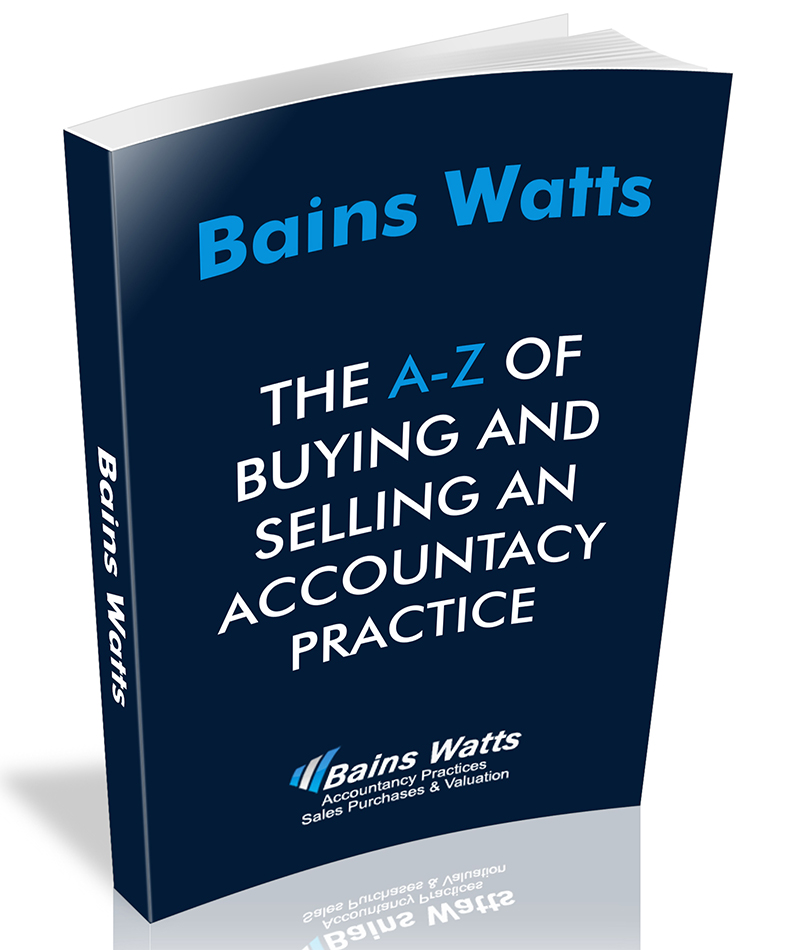Are SMEs ready for Making Tax Digital?
With MTD (Making Tax Digital) representing “the single most significant change to the UK’s system of taxation in recent times”, Knill James partner Nick Rawson assesses the readiness of SMEs for digital tax reporting
HMRC is planning for the majority of businesses in the UK to maintain their business records digitally and to report information quarterly from April 2018, 12 months from now. Little draft legislation is currently available, but HMRC’s intentions are clear from last year’s “making tax digital” (MTD) consultation documents and the recently published responses to the proposals.
Distilled to its simplest form, under MTD, unincorporated businesses, smaller companies and landlords will be required to supply current financial information online to HMRC at least every three months. Although it hasn’t yet been voiced by HMRC, the concern amongst tax professionals and taxpayers is that such information will be used ultimately to accelerate tax payments by these businesses.
The End To Receipts in Shoeboxes and Carrier Bags?
 The greatest shock, however, will come to the 16% of business owners who use the “shoebox method” – they do nothing to record business transactions and their accountant collates paper receipts and bank statements to be able to complete their tax returns. Such taxpayers will have to learn how to keep records, invest in software and then spend time inputting the data they collect into the software.
The greatest shock, however, will come to the 16% of business owners who use the “shoebox method” – they do nothing to record business transactions and their accountant collates paper receipts and bank statements to be able to complete their tax returns. Such taxpayers will have to learn how to keep records, invest in software and then spend time inputting the data they collect into the software.
The HMRC publications seem to assume that small business owners both possess a detailed knowledge of tax law and are comfortable with reporting their income directly to HMRC. The concern is that under MTD a small mistake, possibly made without professional advice, could prove extremely costly.
‘Unrealistic’ timeframe for compliance
While tax practitioners readily embrace technology, and see that there are benefits associated with maintaining business records in a digital form, and with online reporting, there is a concern that HMRC has not considered the impact on small businesses and has set an unrealistic timeframe for compliance, even with the one-year grace period given in the Spring Budget to unincorporated businesses with turnover under the VAT threshold.
There has already been some welcome softening of the government’s approach to MTD in its response to the consultation. These include dropping the requirement for businesses to make and store invoices and receipts digitally, allowing businesses to continue to use spreadsheets for record keeping and in permitting businesses eligible for three-line accounts to submit a quarterly update with only three lines of data.
There remains, however, significant uncertainty regarding the form that the quarterly reporting for most businesses will take. HMRC has stated that “quarterly updates will largely be a matter of checking data generated from record-keeping software or app and clicking send” but such statements reflect an alarming gulf between HMRC’s perception of how businesses operate and what happens in the real world. Not surprisingly, taxpayer representatives have reacted with alarm at the prospect of MTD, concerned at the mandatory nature of the changes, the ambitious timetable and the likely increase in compliance costs to taxpayers that the reforms will bring.
UK200Group survey results
This has been highlighted by the UK200Group, the UK’s leading membership association of independent chartered accountancy and law firms, which has published the results of a survey showing that 65% of its members’ SME business clients do not currently use software to manage their accounts.
Of the businesses surveyed by the UK200 Group’s members, only 35% already use appropriate accounting software. Although these businesses are not yet reporting quarterly, as they must do by 2018, the transition should not be too expensive or too time-consuming. A further 27% use computers for their bookkeeping, but will need to change their systems. This may involve retraining staff, but not to the extent of the 23% who are used to manual record-keeping, who will almost certainly need to train a member of staff to input data into a new software system.
Looking forwardMaking Tax Digital represents the single most significant change to the UK’s system of taxation in recent times, and many smaller business clients will need to act soon to implement major procedural changes to the way they record and report their results to the tax authorities.
Selling Your Accountancy Practice in the UK?
Contact us on 0800 774 7281 or alternatively fill in our online enquiry form and we’ll respond as soon as we can.


